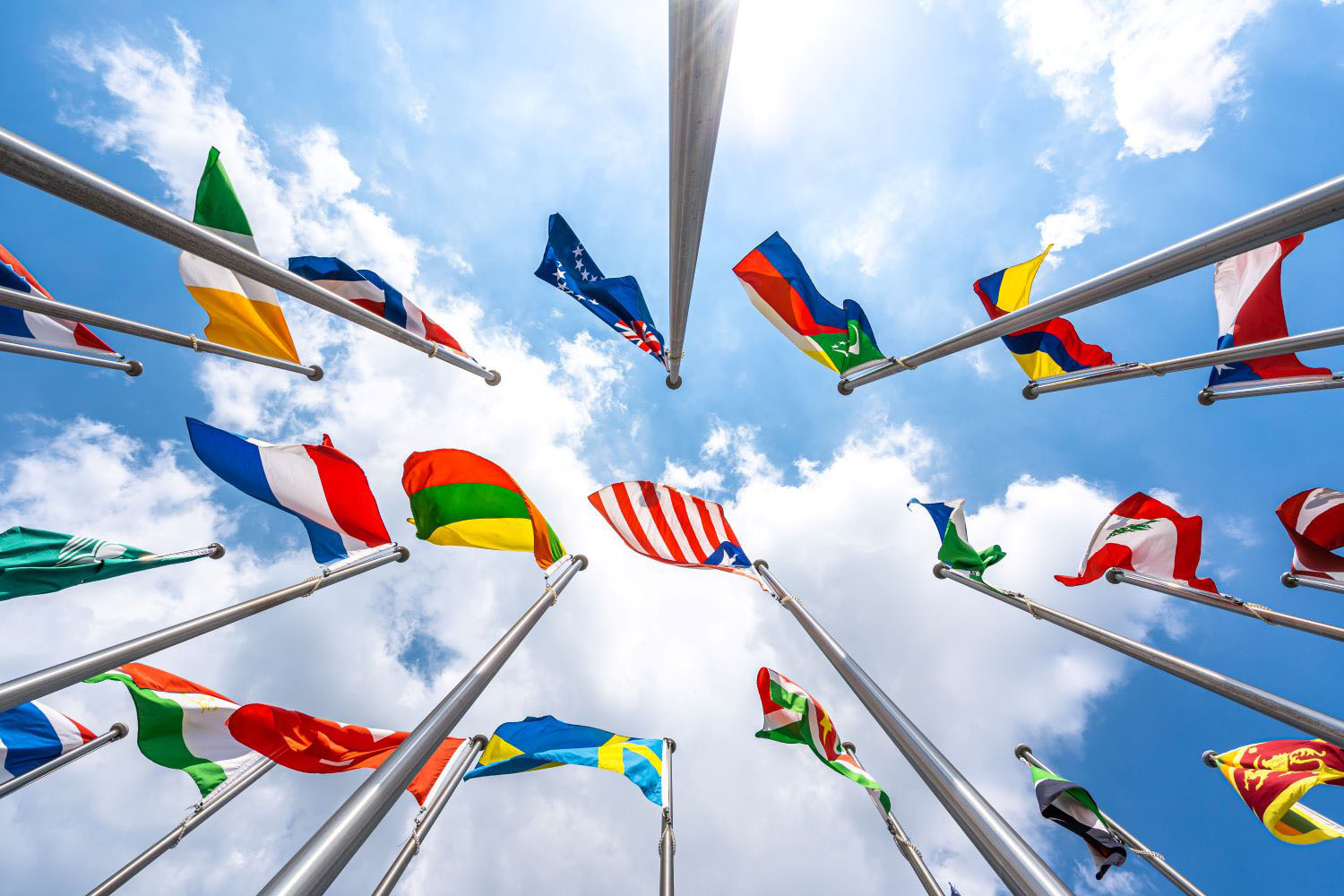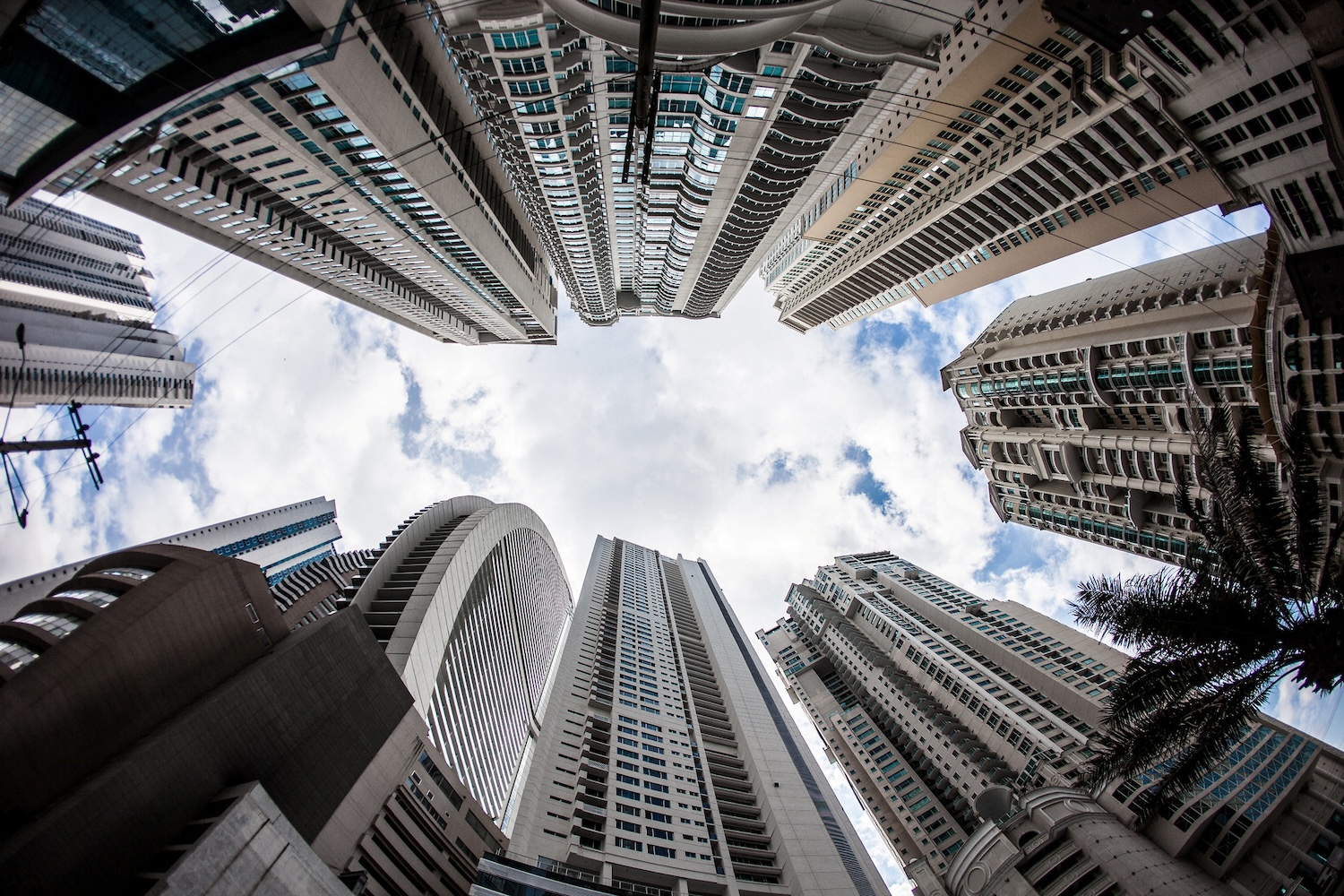The Forbes Billionaire list published yesterday is a powerful sign of how fast the world is changing, in two worrying respects: growing inequality in the world, and the failure of the international financial institutions to adjust to the increased economic importance of emerging market economies. According to Forbes:
The existence of more than 1,000 billionaires in a world where more than a billion people survive on less than a dollar a day is a stark reminder of the immense inequality that characterizes the 21st Century -- perhaps greater than at any time in history. As I and others have written in numerous academic papers (you can see some of them here), this is not only a problem of poverty. In many developing countries, where markets and governments work poorly, billionaires among so many poor is too often a sign of monopoly rents -- be it China, Russia, or Mexico. And there is evidence that high inequality makes it more difficult for societies to deal with problems that require collective action, or as we economists like to say, to provide public goods – Particularly when as is often the case economic differences align with ethnic differences -- be it Nigeria or Chicago (subscription required).The international financial institutions (or IFIs -- the World Bank, regional development banks, and other multilaterals) are potentially an important part of the solution, both for helping countries to promote broadly shared growth within their borders and for promoting collective action between poor and rich countries in addressing global public goods (examples include action on climate change -- both cutting greenhouse gas emissions and massive investment in adaptation to changes that are already inevitable; financing new health technologies such as vaccines; and action against money laundering). But the IFIs can only do this effectively if they and their leadership are seen as legitimate instruments of the global community -- not merely as tools of the richest, most fortunate countries. (For an extended discussion and suggested solutions, see the fine book by my friend and former CGD non-resident fellow, Kemal Dervis: A Better Globalization: Legitimacy, Governance, and Reform.)Which brings me to my second response on reading the new Forbes billionaire list: Extreme wealth is no longer confined to the rich countries, yet when it comes to selecting the heads of the IFIs, a handful of high-income countries (essentially the U.S. and the former colonial powers) continue to insist that the talent pool be confined to their own citizens. The latest manifestation of this can be seen in Europe, where the European Bank for Reconstruction is looking for a new president. As happened with other recent IFI leadership battles, the Financial Times has called on the rich countries that control the EBRD to surprise the world and choose the new chief based on merit rather than patronage:Two years ago, half of the world's 20 richest [people] were from the U.S. Now only four are. India wins bragging rights for having four among the top 10, more than any other country… For the first time ever, the number of billionaires Forbes could identify crossed into four figures, reaching 1,125. The total net worth of the group is $4.4 trillion, up $900 billion from last year.
Precisely. The European Union, which controls the process with its majority of EBRD votes, could demonstrate global leadership by undertaking an open, transparent, merit-based process, such as that we called for last spring in the selection of a new president of the World Bank, and FT and others called for last fall concerning the selection of a new managing director of the IMF.I wish I felt more optimistic about this. My hunch is that the Germans (who in the traditional patronage system would feel entitled to call the shots on the EBRD appointment), will not be the ones to finally set a new precedent. Too bad for the EBRD, whose relevance and legitimacy are under quiet siege (after all many of the transition economies have transitioned….leaving the weakest and poorest where other development agencies are active). And too bad for the beleaguered international development system. As the Forbes list powerfully reminds us, the balance of wealth and influence in the world is shifting rapidly. Just when we need them most, the IFIs are looking more anachronistic with each passing day.[See also Nancy Birdsall discussing Globalization and Inequality on this YouTube video]The hunt for a new president for the European Bank for Reconstruction and Development is an excellent opportunity for governments to break with the wretched practice of protecting narrow national interests when choosing the heads of multilateral organisations. Jean Lemierre, the well-regarded outgoing president, has made a welcome call for transparency in the selection. This newspaper hopes that his words will be heeded, but fears that they may not.
Disclaimer
CGD blog posts reflect the views of the authors, drawing on prior research and experience in their areas of expertise. CGD is a nonpartisan, independent organization and does not take institutional positions.





